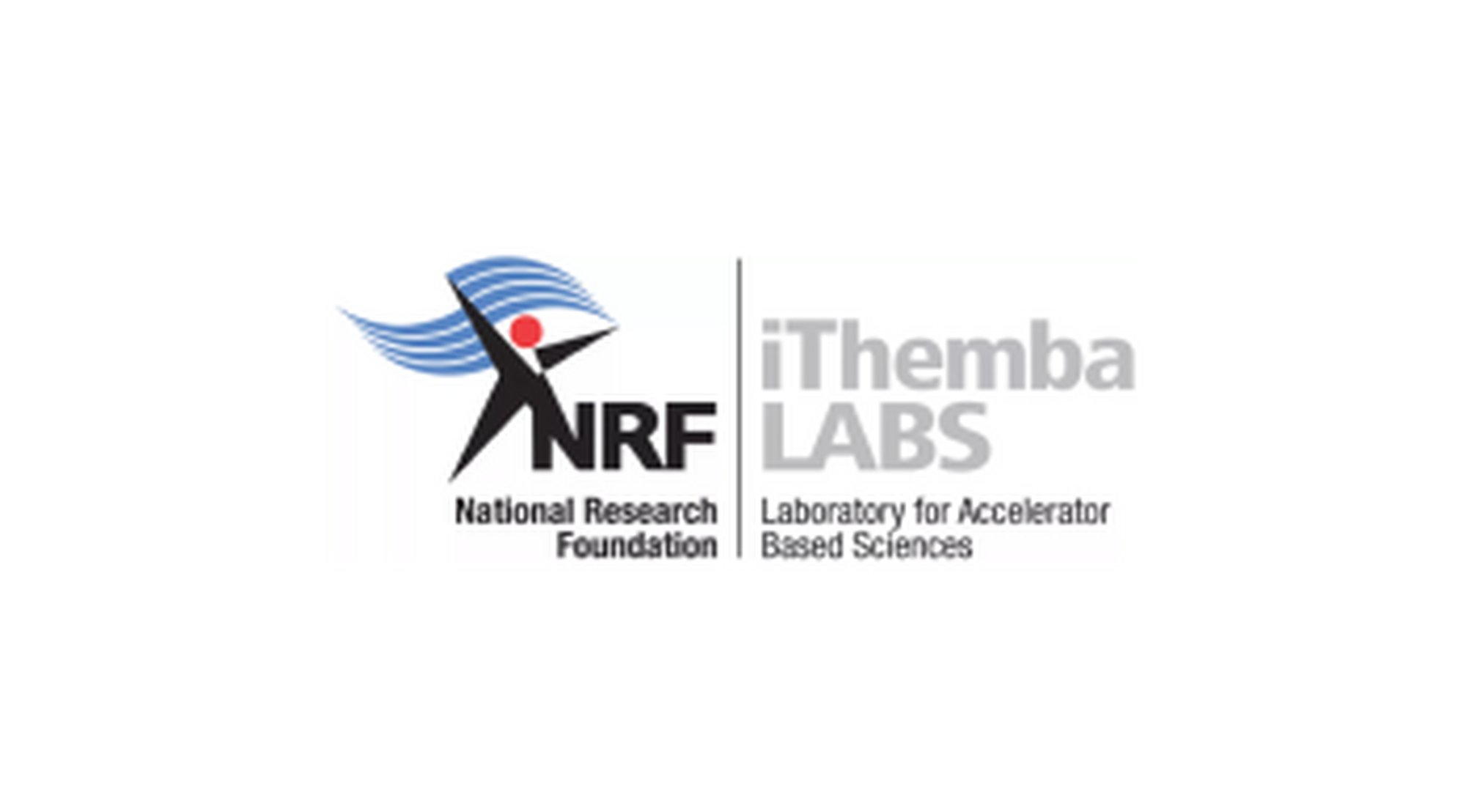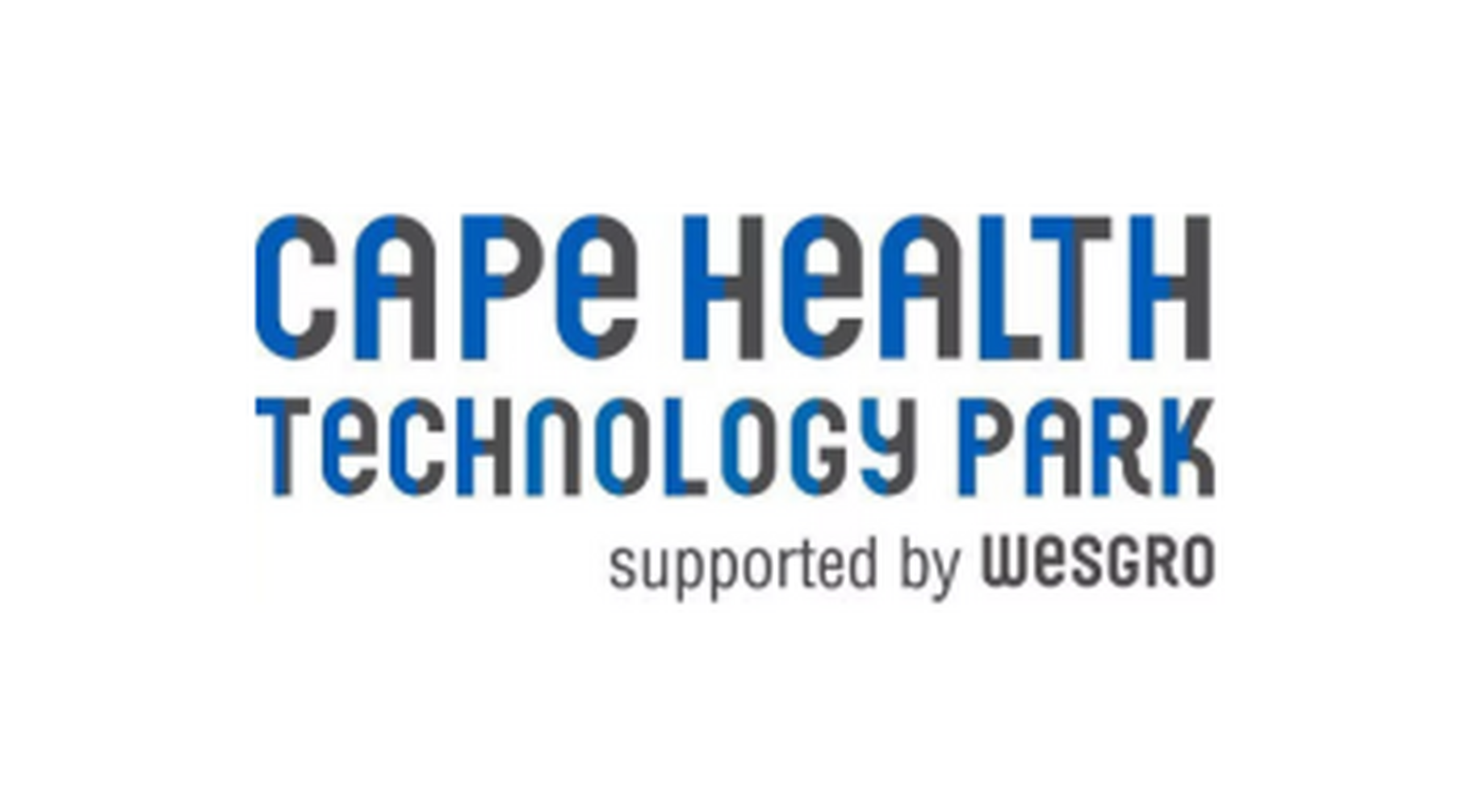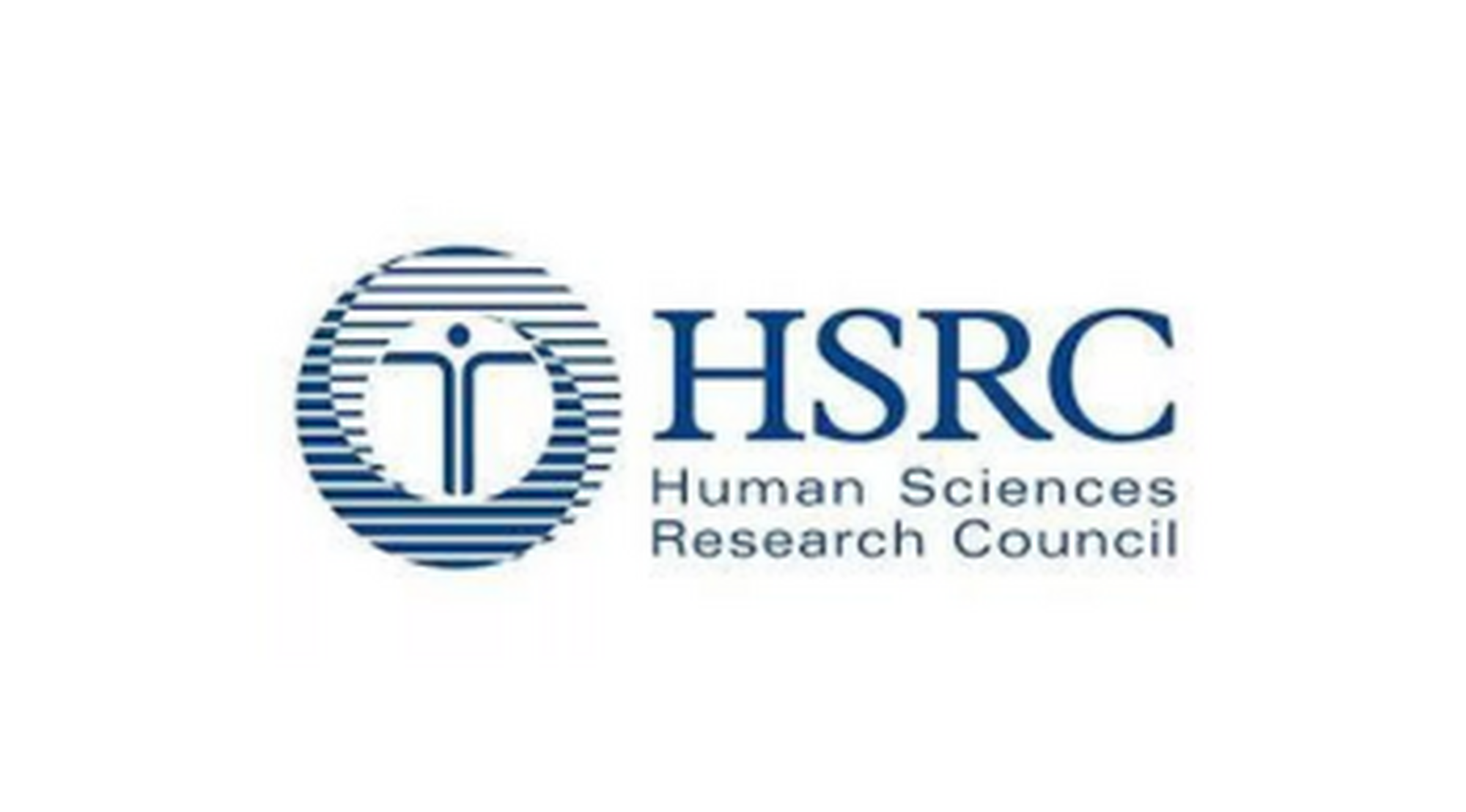The Western Cape is one of the world’s most beautiful and iconic regions, and home to some of Africa’s most important educational institutions, healthcare facilities, business enterprises, centres of innovation, and cultural and historical sites. It has one of the best-performing regional economies in South Africa, and among the country’s best educational outcomes and health indicators.
In the era of globalisation, there is widespread recognition that knowledge-based industries have become a significant contributor to economic growth and development. To be internationally competitive in a global economy requires the creation of distinctive assets such as knowledge, skills, innovation and creativity.
Knowledge has become an internationally recognised factor of production, with the new form of capital being the capacity to generate, assimilate, disseminate and effectively use knowledge. Because knowledge forms the basis of technological progress, innovation and the enhancement of human capital, it is recognised as a significant contributor to economic growth and development.
The Western Cape is perfectly positioned and already is fast becoming the knowledge-sharing hub for South Africa and the wider continent. It is known for its tertiary education institutions – four world-class universities and two globally recognised business schools. These are the University of Cape Town, Stellenbosch University, the University of the Western Cape and the Cape Peninsula University of Technology; and the UCT Graduate School of Business and the University of Stellenbosch Business School.

National Research Foundation
The National Research Foundation (NRF) was established as an independent government agency, through the National Research Foundation Act (No. 23 of 1998). The mandate of the NRF is to promote and support research through funding, human resource development, and the provision of the necessary researc...
Medical Research Council
The South African Medical Research Council (SAMRC) was established in 1969 with a mandate to improve the health of the country’s population, through research, development and technology transfer, so that people can enjoy a better quality of life. The scope of the organisation’s research projects inc...
Council for Scientific and Industrial Research
The Council for Scientific and Industrial Research (CSIR) is a leading scientific and technology research organisation that researches, develops, localises and diffuses technologies to accelerate socioeconomic prosperity in South Africa. The organisation’s work contributes to industrial development ...
iThemba LABS
The iThemba Laboratory for Accelerator-Based Sciences (iThemba LABS) is a multidisciplinary research facility that is based on the development, operation and use of particle accelerators and related research equipment.iThemba LABS operates the only cyclotron facilities on the African continent, and ...
Cape Health Technology Park
The Cape Health Technology Park (CHTP) project is a partnership between the national Department of Science and Technology, the Western Cape government, the City of Cape Town and Wesgro, and entails investigation of the establishment of a health innovation-focused technology park. The CHTP will be a ...
